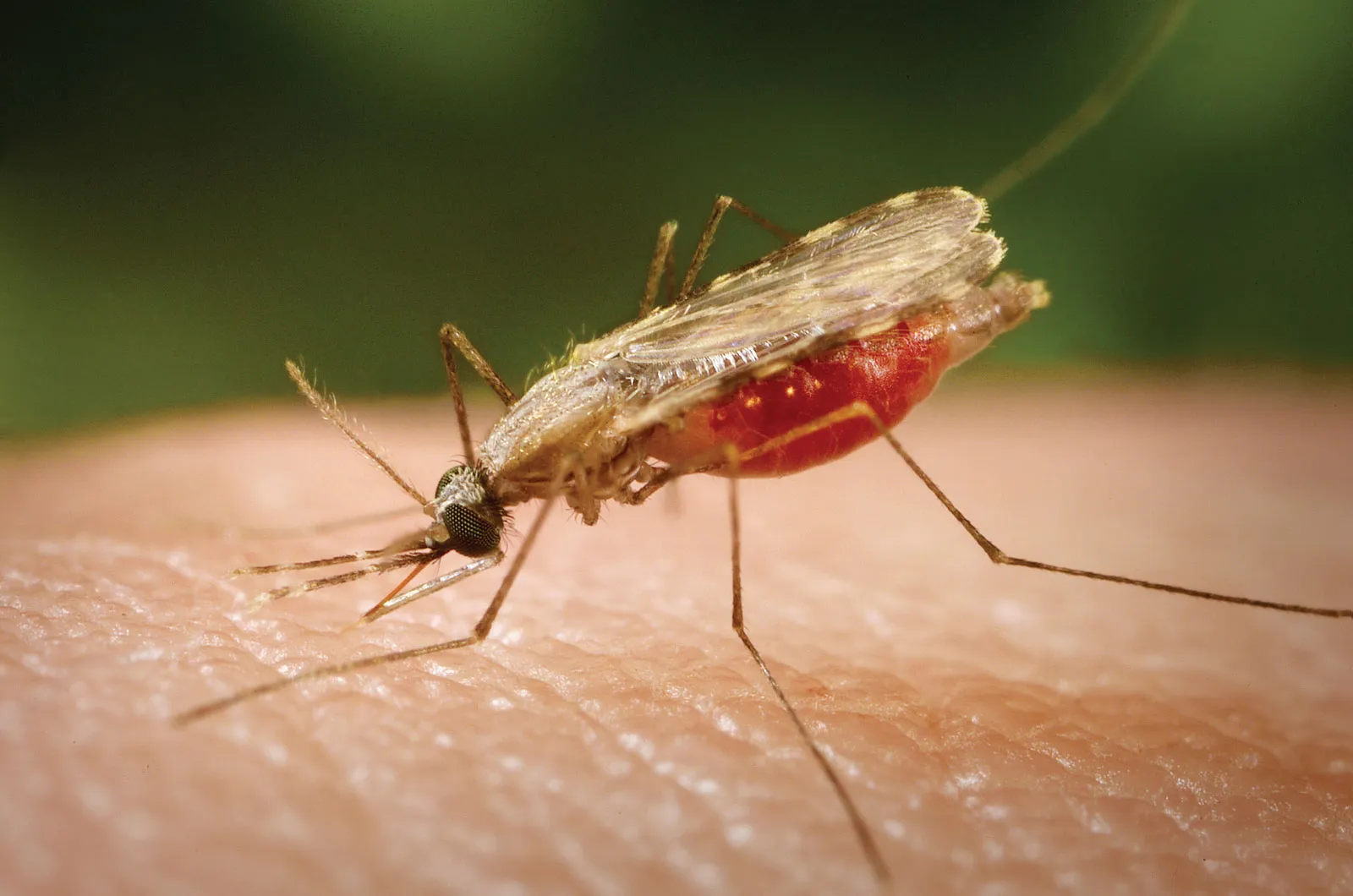Mechanisms of antimalaria drug resistance development in Plasmodium falciparum: the role of extracellular vesicles in parasite-parasite communication


The main intervention against malaria is chemotherapy, however the parasite, Plasmodium falciparum has developed resistance against most the drug including the WHO recommended artemisinin-based combination therapy (ACT). The mechanisms underlying the development of drug resistance in the parasites are still unclear and therefore studies are needed to deepen our understanding of the biology of the parasite. The role of extracellular vesicles (EVs) in the biology of malaria parasites is not yet fully understood. However, some studies have suggested that EVs may play a role in resistance development in the parasite and thus the investigation into the parasite-parasite communication. The study is answering the questions on the molecular mechanisms of antimalarial drug resistance and the role played by EVs.
- Tandoh K. Z., Wilson M., Quashie N. B., Duah-Quashie N. O. (2021). Implicating extracellular vesicles in Plasmodium falciparum artemisinin resistance development. Traffic 22(6):194-200. doi: 10.1111/tra.12787. PMID: 33860593.
- Tandoh K. Z., Amenga-Etego L., Quashie N. B., Awandare G., Wilson M., Duah-Quashie N. O. (2021). Plasmodium falciparum Malaria Parasites in Ghana Show Signatures of Balancing Selection at Artemisinin Resistance Predisposing Background Genes. Evolutionary Bioinformatics Online 17:1176934321999640. doi: 10.1177/1176934321999640. eCollection 2021.


